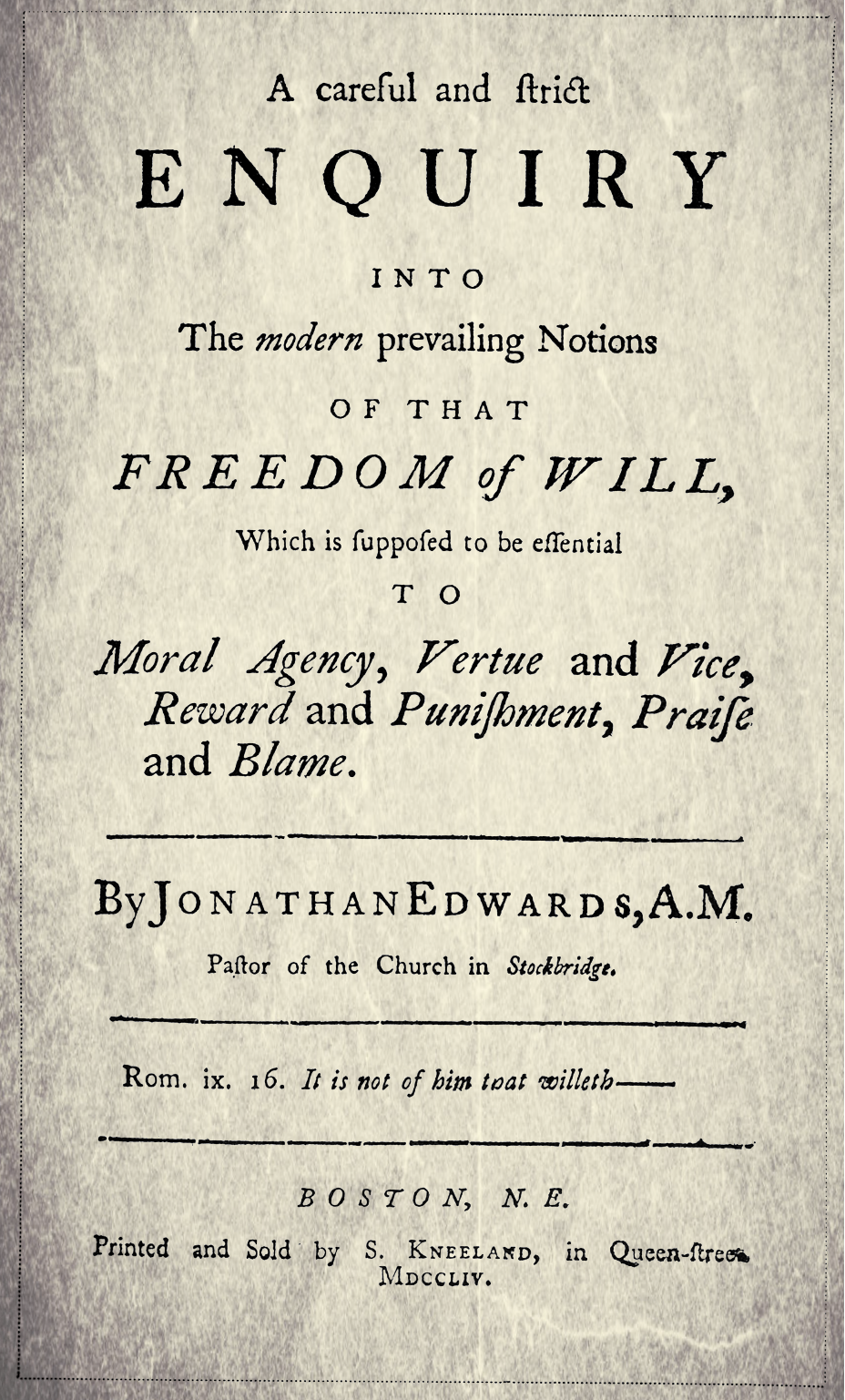The Day of Judgment is not the day that will determine the destinies of men; their destinies were fixed at the time they died (Heb 9:27; see here). We deny the doctrine of soul-sleep, the righteous pass from this life into the Intermediate State in bliss, while the wicked go into misery upon their deaths. But what is then the difference between what the wicked and righteous experience now in the Intermediate State and what they will experience after the Day of Judgment? Well for one, they were already judged at death and their judgment was private (Heb 9:27), but the Day of Judgment is public in which the secrets of men will be disclosed. Second, the joy and also the misery of men in the Intermediate State is bodiless. Their bodies lie rotting in the grave, while their souls are in places of peace or anguish. At the Day of Judgment, all the dead will be resurrected, their souls uniting with their bodies, and then come to appear before the throne of God. The difference then is that their everlasting punishment or their everlasting bliss is in body and soul, while in the Intermediate State it is in the soul alone. Moreover, the wicked will then be publicly condemned before the world, and the righteous publicly rewarded before the world, and all heaven will bless and praise God for His righteousness.
The Day Of Judgment
There is a Day of Judgment, fixed by God’s decree that it should come to pass, in which all people that have ever lived will come and stand before Him to give an account of their words, thoughts, and deeds. This is a day that should rightly awaken fear and awe. For some it will be terrible, for others it will be joyous and victorious. The Confession here borrows much from biblical passages to form its statement in paragraph 1. The first passage which it alludes to is Acts 17:31. We read:
Acts 17:30-31 The times of ignorance God overlooked, but now he commands all people everywhere to repent, 31 because he has fixed a day on which he will judge the world in righteousness by a man whom he has appointed; and of this he has given assurance to all by raising him from the dead.”
Christ The Judge
There was a time when God let the nations go their way, but now that the Christ has come and suffered for all kinds of men, the people of God are no longer confined to a single nation (cf. Rev. 5:9). In accordance with the Savior’s words, the gospel is to be preached to all nations (Matt 28:18-19; Acts 1:8). Therefore, as the gospel goes out to these nations, they are to respond to it positively, otherwise, they have no way of peace with God. God’s command to everyone is “to repent”, i.e., turn back from sin and turn toward Him (see here). The motivation given for people to repent is because there is a Day of Judgment coming. This Day is “fixed” and the One Who fixed it is God Himself who will expose the works of the wicked on the last day and give each man according to their works. Although God is said to be the judge, yet this judgment is by the “man whom he has appointed”, the Lord Jesus Christ. In John 5:22-23 we re...










